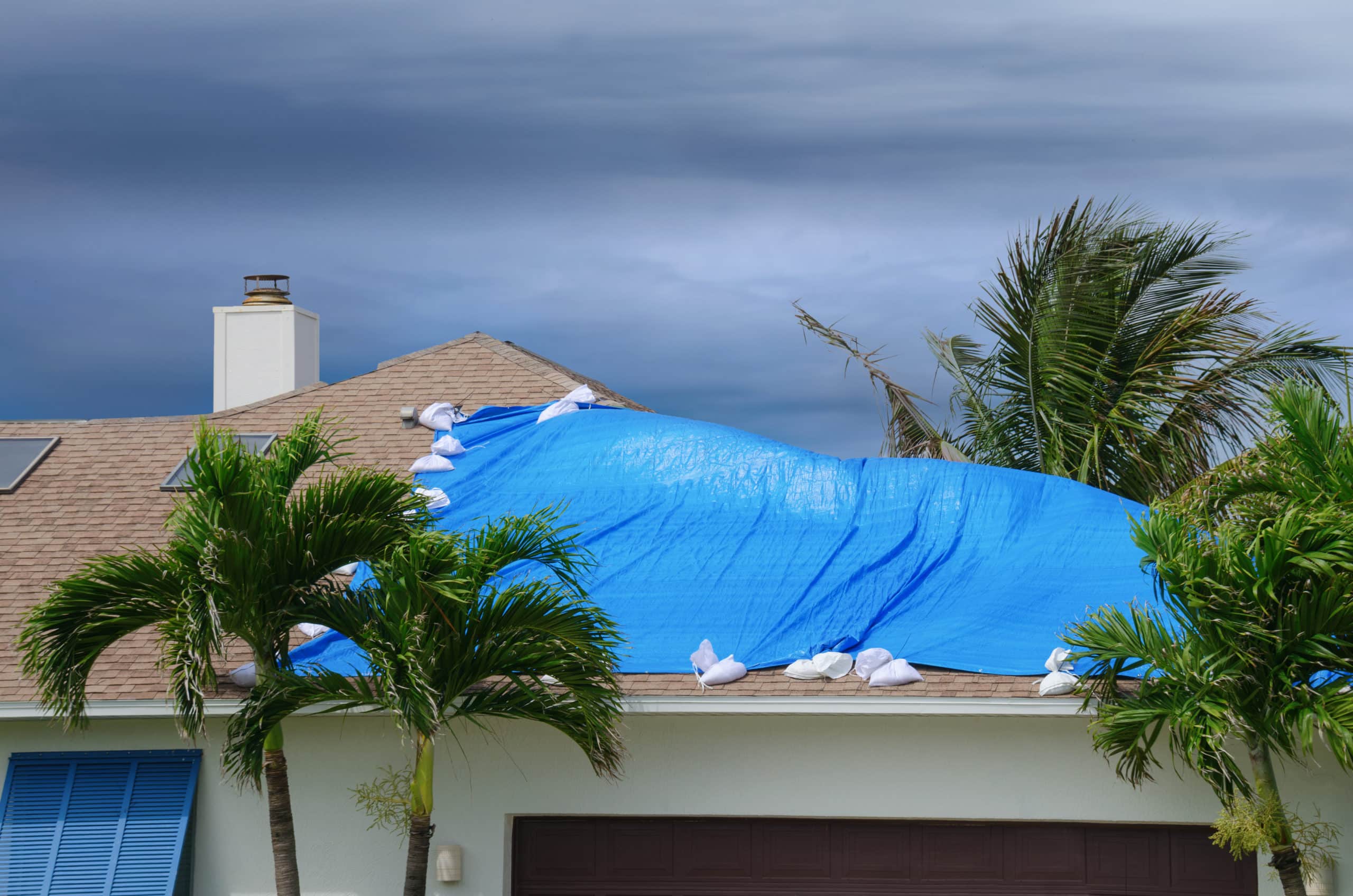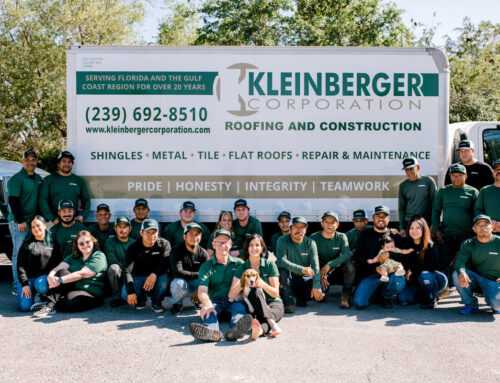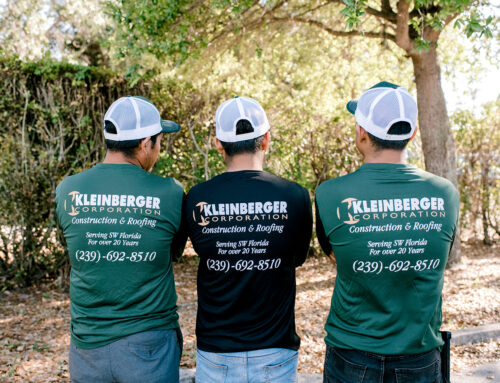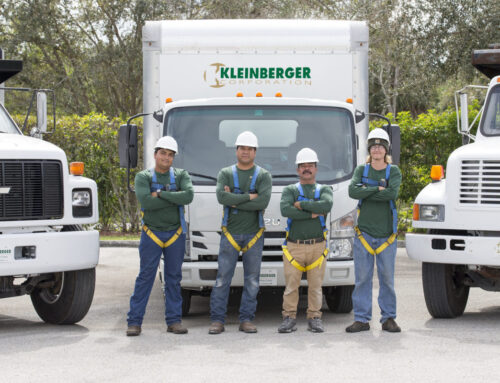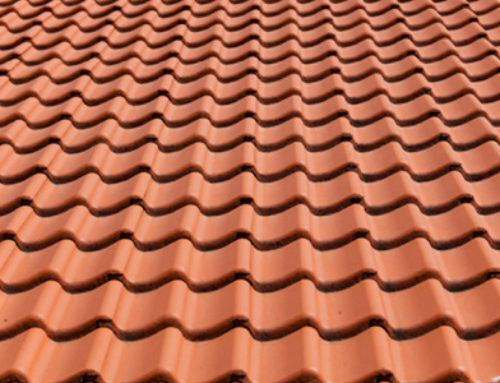Disasters often bring communities together but con artists, identity thieves and other criminals may target survivors. The most common types of post-disaster fraud include phony housing inspectors, fraudulent building and roofing contractors, bogus pleas for disaster donations, fake offers of municipal or federal aid and charging for free services.
According to a recent press release from FEMA, scam attempts can be made over the phone, by mail or email, through the internet, or in person. It is important to remain alert, ask questions and always ask for identification when someone claims to represent FEMA or another government agency. Con artists are creative and resourceful. If an offer sounds too good to be true, it should be questioned.
Here are some tips to protect yourself:
- Don’t wire money or pay with reloadable debit cards or gift cards. There is no legitimate reason to request those forms of payment.
- Don’t offer personal financial information over the phone. Know who you are dealing with and always ask for identification.
- If your project involves roof repair, make sure that the contractor is licensed and insured.
- Get the agreement in writing. Read the contract carefully, and if you don’t understand every word, take it to an expert. Never sign a contract with blank spaces to be filled in.
- Make sure the contract details all work to be performed, the costs, a projected completion date and how to negotiate changes and settle disputes.
- Do your research. Scam artists will usually come to you to offer their services — either at your door, on the phone or through email — so be especially wary of solicitors.
- Get estimates from multiple roofing contractors and your insurance company. Reject any offer that seems too good to be true.
- Ask for references from past customers.
- Use the Better Business Bureau (BBB) website and internet search engines. Fraudulent firms change names frequently, so search the web for their address and phone number, and include terms like “review,” “scam” and “complaint.”
- FEMA does not certify contractors.
- Verify insurance. Roofing contractors should have disability and workers’ compensation insurance. If they don’t, you may be liable for accidents on your property.
- Ensure the contractors obtain the necessary permits to do the job.
- Demand satisfaction. Don’t sign completion papers or make final payment until the work is done correctly.
Was your roof damaged by Hurricane Ian? We can help. Call Kleinberger Corporation today to speak with a local expert.

